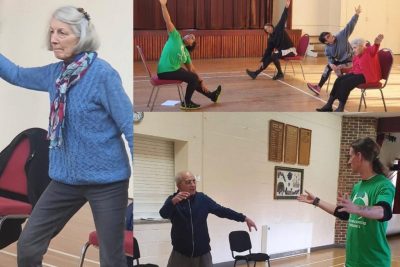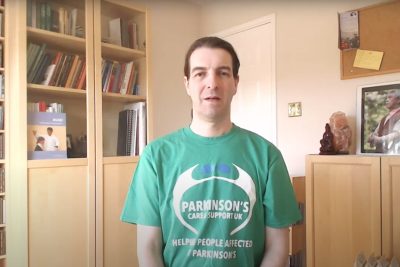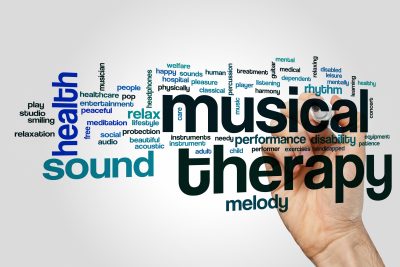Speech and Sound Therapy
Parkinson’s often affects speech, making it difficult for people to speak loudly, pronounce words clearly, speak fluidly, swallow and show facial expression. Dysarthria (difficulty speaking) and dysphagia (difficulty swallowing) can make life difficult for people with Parkinson’s. Both can be helped by seeing a speech therapist and by using sound therapy.
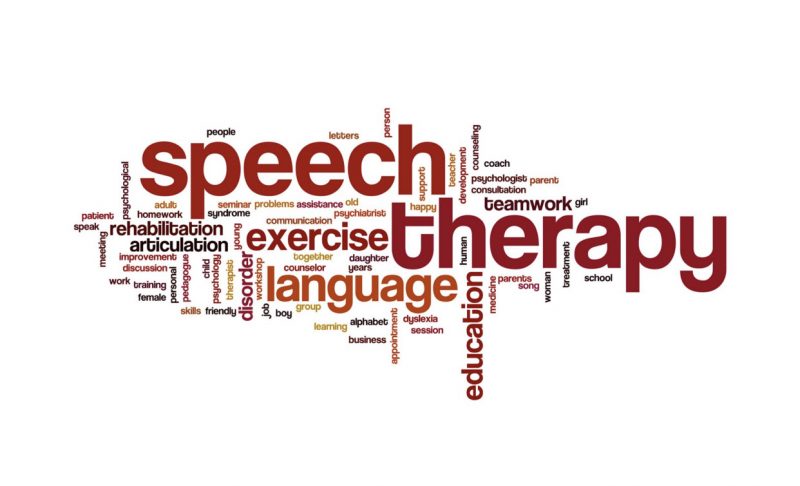
Speech Therapy
You can start speech therapy at any time from your Parkinson’s diagnosis. However, most people tend to start once they begin to face difficulties. If you notice any changes in your speech, even if small, you should begin speech therapy continue it on a regular basis. A speech and language therapist can usually help with a variety of speech problems and difficulties. They are usually trained in all forms of communication, including: Non-verbal communication such as facial expressions or body language. Non-verbal communication skills help patients communicate without spoken words, by making use of expressions and gestures. Non-verbal communication can help by reducing the stress of not being able to communicate and alleviating the pressure to speak,thereby relaxing patients.
Speech therapy programmes are available to use at different stages of Parkinson’s. In the disease’s early stages, patients learn strategies and exercises to help with voice volume, speed of speech, breathing, facial expressions and clear pronunciation of words. Therapists can give some tips on speaking in noisy environments as well as problems associated with eating and drinking.
As the disease progresses and communication becomes difficult, therapists can offer advice on ways to cope with it. Some examples include the use of assistive devices like computers or voice amplifiers, making eye contact while speaking.
The speech therapist may also use the Lee Silverman Voice Technique (LSVT). It is a speech treatment that has been proven to significantly improve speech after one month. Results can last up to two years following treatment. The LSVT method is easy to learn and must be repeated four days a week for four consecutive weeks to be effective. After a four-week treatment period, LSVT exercises should be done daily to maintain the improvements achieved.
Here are some tips on how to maintain and enhance communication
Choose an environment with reduced noise. It can be quite tiring to try to talk over the television or radio.
If you see a speech therapist early on and often, not only can you delay the onset of particular symptoms, but you can build muscle memory that will help you keep some symptoms at bay as your Parkinson’s progresses.
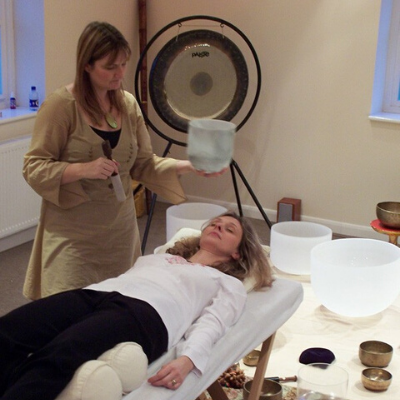
Sound Therapy
Research has clearly established that different types of brain stimulation can dramatically improve the symptoms of Parkinson’s. Studies have also found that music (specifically Mozart) can improve the transmission of dopamine and serotonin – the neurotransmitters associated with Parkinson’s. Combining music with a very specific type of high-frequency stimulation, Sound Therapy is a promising and supportive treatment for those with Parkinson’s.
Sound Therapy helps with motivation, coordination, energy, vocal tone and modulation, mood and positivity. These are all characteristics which are affected by Parkinson’s, indicating a big overlap between the benefits of Sound Therapy and the needs of those with Parkinson’s.
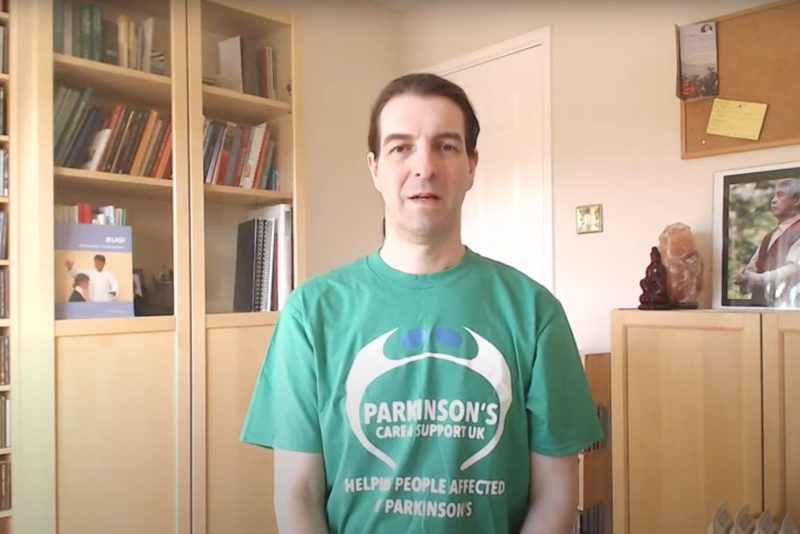
Sound Daoyin
Already in ancient times the Chinese people knew the healing forces of sound and they developed techniques for using the human voice as a tool to heal themselves. They called these healing techniques Sound Daoyin. All kinds of communities in China, India and other parts of Asia used sound and voice for healing, spiritual development and the attainment of enlightenment.
Sound and breathing are inseparably linked. Within the theory of the five elements, sounds are linked to organs. The acoustic vibrations of sounds open the body channels and meridians and cause vibration in organs and tissues allowing the possibility of self-treatment in the corresponding areas.
Besides the healing functions of the Sound Daoyin, these exercises are an ideal base for the development of the voice. The exercises also are an excellent tool for anyone who sings or works with their voice.
Parkinson’s Care and Support UK now offer FREE Sound Daoyin Therapy via our pre-recorded sessions. Our Sound and Tai Chi Specialist Marc Price delivers these sessions to improve vocal ability and to improve posture. The first video is an introductory video and needs to be watched before practising the subsequent therapy videos. Subscribe to our YouTube Channel and start your therapy now.

